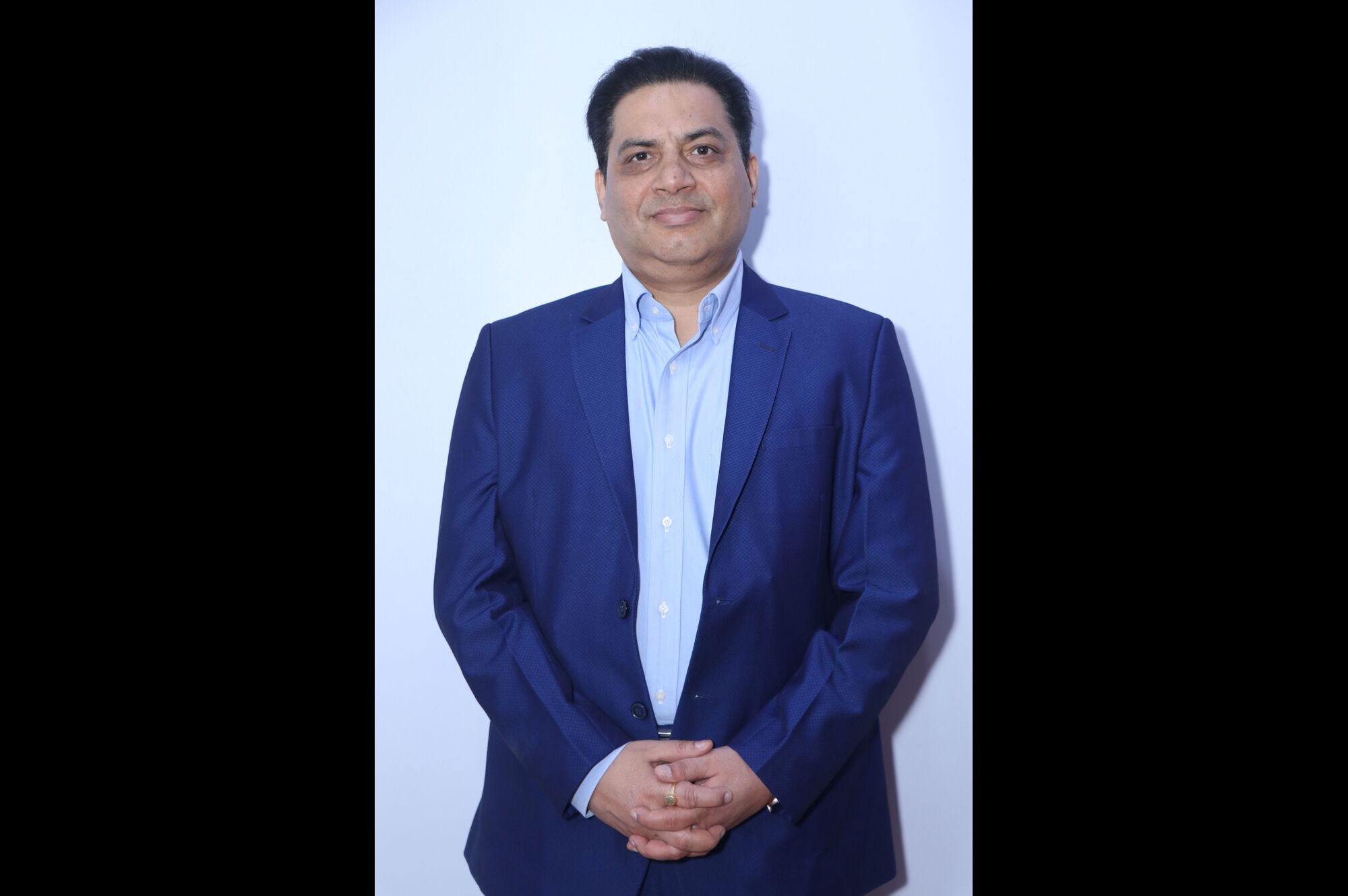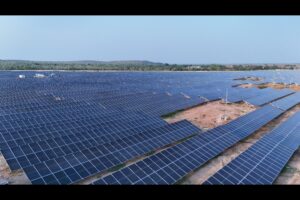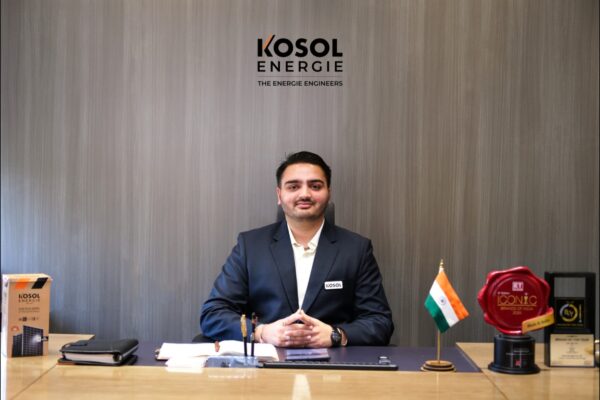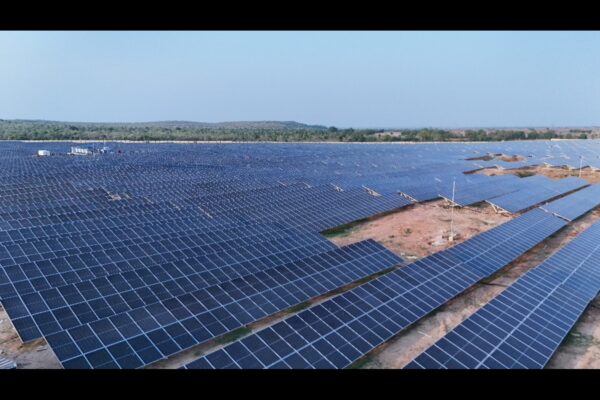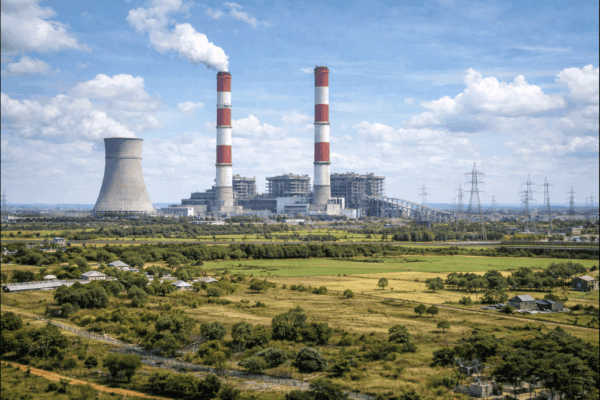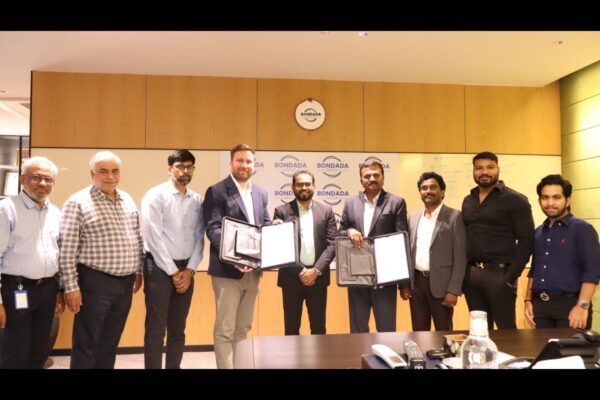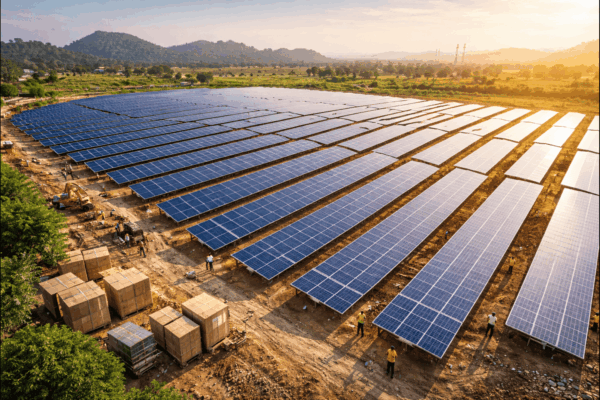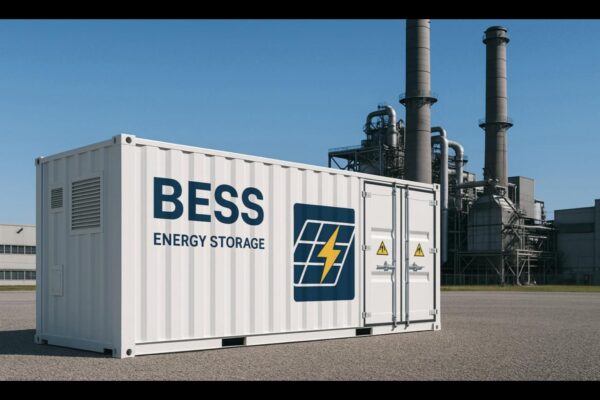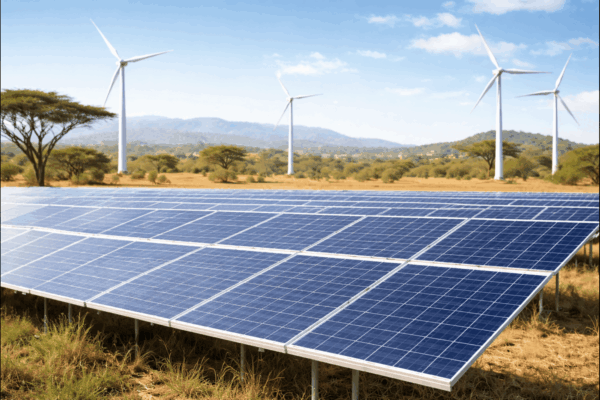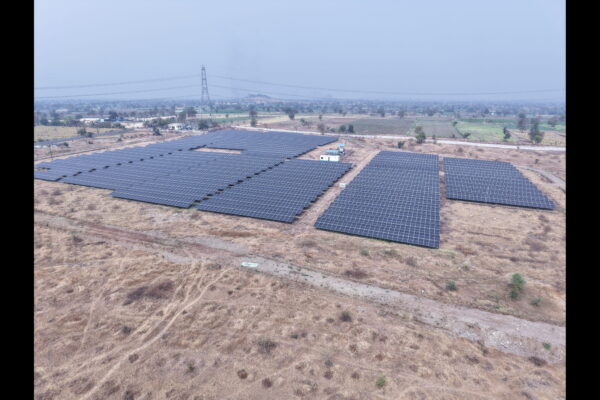Interview: Pankaj Kapoor, Vice President – Distribution Business Unit and New and Recon Parts, Cummins India
Our Battery Energy Storage System is designed as a fully flexible solution that can be integrated not only with Cummins’ gensets and hybrid power solutions, but also with the grid and other power generation systems
What was the rationale behind Cummins India’s foray into Battery Energy Storage System (BESS)?
Our entry into BESS is a natural extension of what we already do as a power solutions company. Globally, Cummins has been working on this product, and earlier this year we decided to bring it to the Indian market. The rationale is quite clear – the world is moving towards clean energy, and India is no exception. The Government of India had set an ambitious target to achieve 50 percent of its power generation from non-fossil fuel sources by 2030, but we are already close to meeting this milestone well ahead of schedule, with nearly 250 gigawatts coming from renewables. With so much renewable energy being generated, storage becomes critical – and that’s where BESS plays a crucial role, enabling us to store energy and use it whenever required. While these are still early days, the potential of the Indian market is very exciting. We see it growing rapidly, and Cummins is well-positioned to contribute meaningfully with our strong focus on technology, scalability, reliability, and service. This is a huge opportunity, and we are very optimistic about the role our solutions can play in shaping India’s energy future.
What are the unique features of Cummins’ BESS, and how does it ensure reliability, safety, and scalability under diverse Indian conditions?
Our Battery Energy Storage System has been designed with modularity, scalability, and reliability at its core. It comes in containerised solutions of 10 feet and 23 feet, covering a wide product range from 200 kilowatt to 2 megawatt, which allows customers to easily scale the system to meet diverse energy requirements. The system is highly optimised, offering superior energy density along with complete AC output integration, making it flexible and efficient to deploy. We are using proven lithium iron phosphate batteries that ensure long cycling life, safety, and reduced risk of thermal runaway. To further enhance reliability, the system features an advanced integrated liquid cooling system, which maintains optimal battery temperature, improves performance, and extends the overall life of the battery. Safety has been given the highest priority, and the product comes with a three-tier safety architecture that meets stringent global operational and safety standards, giving customers complete peace of mind. What further strengthens our offering is the Cummins brand promise and our extensive service network of more than 3,500 professionals across India, which ensures prompt and unmatched support to customers. In addition, the system is truly plug-and-play, making it very easy to install and user-friendly in operation. With this combination of advanced technology, safety, scalability, and service support, we are confident that customers will see significant value in our solution.
Which sectors and applications do you see as the early adopters of Battery Energy Storage System in India?
We are seeing strong interest from a range of sectors, particularly manufacturing, data centres, mining and commercial real estate. These industries require uninterrupted and reliable power, and BESS offers them a sustainable and cost-effective way to manage energy demand while reducing dependence on conventional sources. For example, data centres need continuous uptime, manufacturing facilities often face peak load challenges, and mining operations work in remote locations where grid stability can be an issue. In all these cases, energy storage provides a reliable solution. Broadly speaking, battery energy storage in India is still at an early but critical stage of adoption. As renewable energy integration grows, the need to balance supply and demand will become more pronounced, and that is where early adopters in these key sectors will help set the pace for wider acceptance across the country.
BESS is still at a nascent stage in India. How important is government support in this journey, and what policy or regulatory changes would further accelerate adoption?
Government support is absolutely critical at this stage in the energy storage journey. Several incentives are already in place – for example, the Production Linked Incentive (PLI) scheme – which are encouraging investments in the sector. In addition, the broader policy push towards renewable energy has created a strong foundation for technologies like BESS to take root. India has committed to its net zero goal for 2070 and aims to achieve 500 gigawatts of renewable energy capacity by 2030. Achieving these targets will not be possible without large-scale adoption of storage solutions. What will make a real difference going forward are policies that ease the high upfront costs for customers and improve the overall economics of adoption. Supportive regulatory frameworks, coupled with continued government focus on renewables, will help accelerate penetration of BESS in the market and ensure that the technology reaches its full potential in India.
Are there plans to integrate BESS with Cummins’ gensets and hybrid power solutions for end-users?
Yes, absolutely. Our Battery Energy Storage System is designed as a fully flexible solution that can be integrated not only with Cummins’ gensets and hybrid power solutions, but also with the grid and other power generation systems. The primary objective is to store electricity – whether it is generated from renewable sources like wind and solar or from conventional systems – and make it available whenever needed. Integration with gensets is therefore seamless, and the system has been built to work with a wide range of configurations, including those from other brands. This flexibility makes it a highly adaptable solution for diverse customer requirements.
What value does Cummins’ BESS offer Indian customers in terms of cost, performance, and lifecycle support, and how will aftersales service and recon parts support long-term adoption?
Our BESS offers customers a unique value proposition by combining advanced technology with scalability, safety, and reliability. As I have already highlighted, the product is built on proven battery technology, designed for high performance, and developed as a modular and scalable model to meet diverse energy requirements. This makes it a strong and future-ready solution for the Indian market. However, delivering the product is only one part of the equation. Equally important is the lifecycle support we provide. Cummins has one of the strongest aftermarket and service support networks in the industry, with 18 regional offices and nearly 3,500 trained technicians spread across the country. This extensive footprint ensures that our customers receive timely, dependable support wherever they operate. It reflects our brand promise of reliability and dependability, which goes beyond just supplying equipment to building long-term trust and value for our customers. With this combination of technology leadership and unmatched service support, we are confident of enabling long-term adoption of our BESS solutions in India.
What role will BESS play in advancing Cummins’ global Destination Zero sustainability commitment?
We firmly believe that the energy transition will be driven by decarbonisation, and our Destination Zero strategy has been built around this principle. To achieve it, we are investing in a wide range of technologies, including hydrogen, battery-electric vehicles, advanced engines, and battery energy storage systems. BESS fits seamlessly into this strategy as it enables clean, reliable, and scalable energy solutions that support the broader shift to renewables. It also aligns closely with India’s net zero target for 2070 and the government’s focus on expanding renewable capacity to 500 gigawatts by 2030. We see BESS playing a critical role in integrating renewable energy into the grid, improving energy reliability, and helping industries reduce their carbon footprint. For us, offering a world-class product in this segment is not just about technology – it’s about empowering customers to take meaningful steps towards decarbonisation and contributing to a more sustainable future.
Tags

